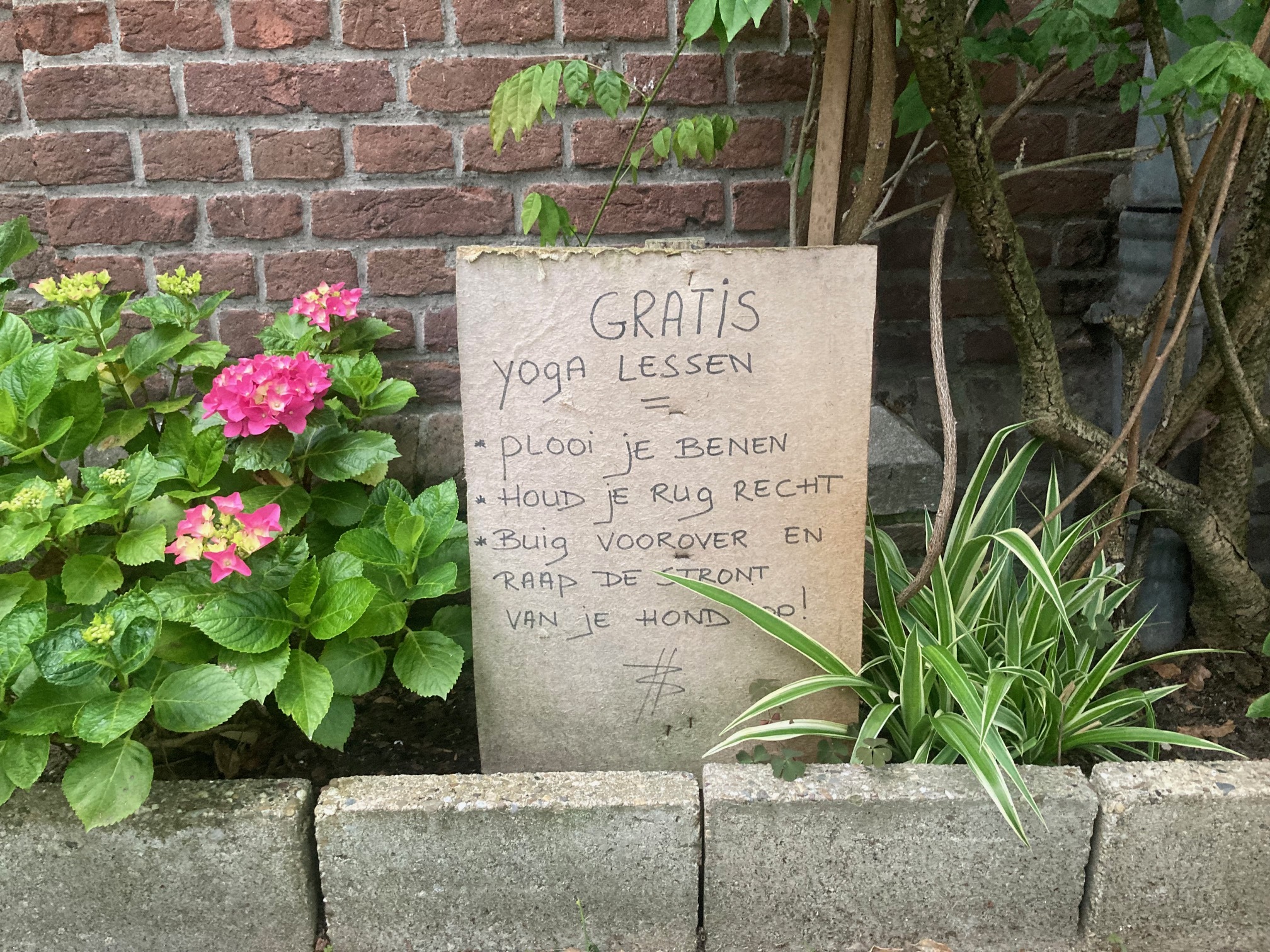As a dedicated supporter of the Social Pillarization/Consociational Social Architecture/System in countries other than the Netherlands, I would like to emphasize just how important it seems to the original poster to map the diverse socio-cultural norms and values throughout society, while respecting one’s privacy.
This is therefore an interesting example of how otherwise good or neutral will in the policy-making can be undermined by the alleged discriminatory backdrop or perceived manipulative nature of a government-tied research body.



In NL we used to have a really good administration of everyone’s religion. Guess what happened in the 40s?
Purely out of precautionary data minimization, it’s not the kind of information the government should collect and store.
Thanks, yes, I appreciate your position and the grim lesson history has taught us – as with any profiling, this is an extremely sensitive matter. However, it was not the Dutch government that used the stored information against its Jewish citizens. Moreover, I believe – and here I may be wrong – that such research should be subject to proper anonymization; we would benefit from knowing what “norms and values” exist, not who personally adheres to them (in the Free World, it is entirely up to people to reveal their worldview). Frankly, this is the exact reason why I am a proponent of pillarization/consociationalism – I have a lot of difficulty trusting my own nominally pluralistic government, policymakers and public sector. Just 3 years ago, the country I come from had a census in which some rather sensitive statements could be used to politically persecute a part of the population. On the other hand, in Poland we have constitutionally recognized ethnic minorities (Olenders are not listed among them, however).